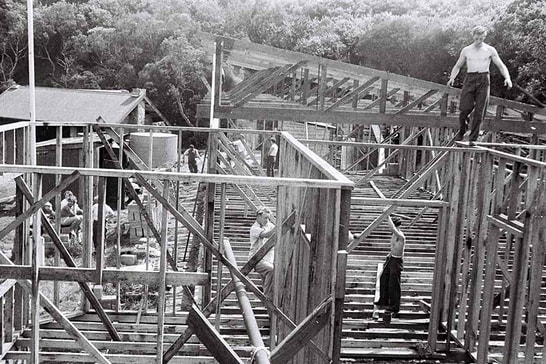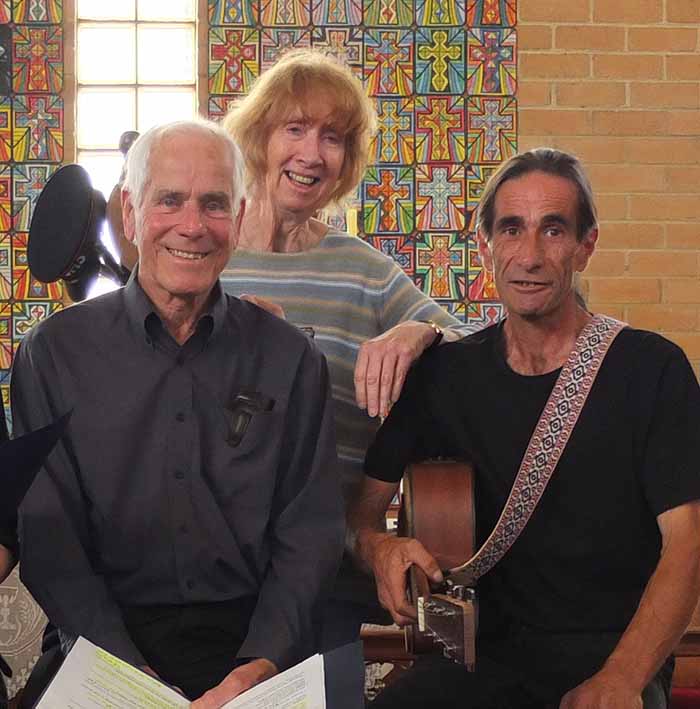IN 2002, when Gill Heal arrived in Wonthaggi, she knew little about the place beyond the fact that it was a former mining town that had fallen on hard times.
In fact that was why she was here: she had a job on a State Government program aimed at socially and economically disadvantaged shires and towns. Bass Coast qualified on every measure.
As she got to know Wonthaggi, however, Gill found a richness and pride in the community that belied any objective measure of wealth. And she noticed that newcomers to the town seemed to think they had stumbled into paradise.
As part of her job of creating community connections, Gill established a community newspaper called The Current, she ran workshops and seminars, and, with a particular interest in theatre, she assembled a group to work on an oral history production incorporating stories and original songs.
When Stories from the Hinterland was staged at the Archies Creek pub in 2004, no one really knew what to expect. At the end of the show, there was a rapturous and emotional response from locals transfixed by seeing their own lives transformed into theatre.
Gill had found her audience. As word spread, her audience grew and has followed her to the productions that followed.
| On February 27, many will be at The Shed for her 10th local oral history production, Looking For Wonthaggi, where a cast of seven readers, with music by Lyndal Chambers and Brian Stating, will bring stories of Wonthaggi people to life. What makes this different from Gill’s other productions is that the town is at a crossroads. Bass Coast’s population is expected to increase by 7000 people by 2031. Most of them will settle in Wonthaggi, virtually doubling the population. While some are delighted at the prospect of growth, many others are anxious about what might be lost, not just in the physical character but the social fabric of a former mining town with a distinctive co-operative streak. It’s too easy to lose what you can’t identify, says Gill, who now lives in Wonthaggi herself. And so the play becomes a search for the character and values that make this a good place to live. It’s the first part of a larger project with Maddy Harford and Harry Freeman which aims to get people thinking about Wonthaggi, about change and about how to influence it. After all her searching, did Gill manage to find Wonthaggi? | Gill Heal’s productions
|
“We’re all imperfect. Our values change. But there’s enough evidence for us to say we have things in common we can ascribe to those values. That’s who we are.
“I think that’s Wonthaggi’s legacy. There’s an enormous divergence of interests and values but time and time again people come together and achieve remarkable things.”
Gill’s productions are not exactly plays or musicals. The cast are readers, not actors, but the production uses dramatic devices to bring the stories to life. And that’s the value of theatre, she says. There is something about the combination of the spoken word, the image, the music that can move audiences and convey complex ideas.
She breaks off to describe how the show ends. It gave me goosebumps. No spoilers here, you will have to go and see it.
But you’ll have to be quick. Due to COVID restrictions, there are only a limited number of tickets for the three productions at The Shed, State Coal Mine, at 1pm and 4pm on Saturday, February 27, and 5pm on Sunday, March 7. Bookings at Trybooking.

